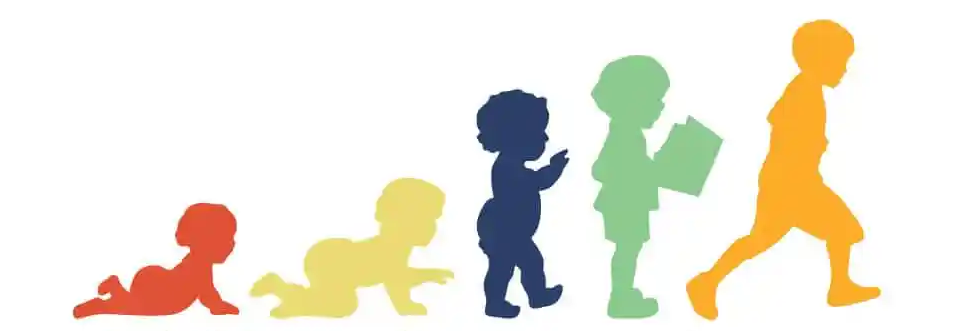
The curriculum and the NHAP environment combine to encourage understanding and appreciation of different cultures, develop critical thinking skills, enhance creativity, promote physical and emotional well-being, and foster a concern for others.
This curriculum for the early years has been divided into the following key learning areas.
2.1.1 Personal Social and Emotional Development
These outcomes focus on children’ learning how to work, play, co-operate with others and
function in groups beyond the family. They cover important aspects of personal, social,
moral and spiritual development and of personal values agreed upon by the adults in the
community, including the parents.
2.1.2 Language and Literacy
These outcomes cover important aspects of language development and provide the
foundation for literacy. At the start, the language used in the programmes for all six areas
of development, could be in mother tongue, based on local culture and it can then
gradually and progressively be further developed to acquire competence in English.
Children should be helped gradually to acquire competence in Urdu, making use where
appropriate, for developing understanding and skills in languages. The outcomes focus
on children’s developing competence in talking and listening and becoming readers and
writers. It is important to note that the other areas of learning make a vital contribution
to the successful development of communication and literacy.
2.1.3 Basic Mathematical Concepts
These outcomes cover important aspects of understanding mathematics and provide the
foundation for numeracy. They focus on achievement and application through practical
activities and on using and understanding mathematical language.
2.1.4 The World Around Us (Science)
These outcomes focus on development of children’s knowledge and understanding of
their environment, other people and features of the natural and “human” world. They
provide a foundation for historical, geographical, scientific and technological learning.
2.1.5 Physical Development
These outcomes focus on children’s development, physical control, mobility, awareness of
space and manipulation skills in indoor and outdoor environment. The Children will
demonstrate balance and coordination, to learn and practice motor skills.
2.1.6 Health, Hygiene and Safety
These outcomes focus on developing understanding of personal care, environmental
safety and security in children. These include establishing positive attitudes towards a
healthy and active way of life.
2.1.7 Creative Arts
These outcomes focus on the development of children’s imagination and their ability to
communicate and to express ideas, feelings, and observations and experiences in creative
ways. They include encouraging children to think about new and innovative ideas which
can be expressed through varied media.
